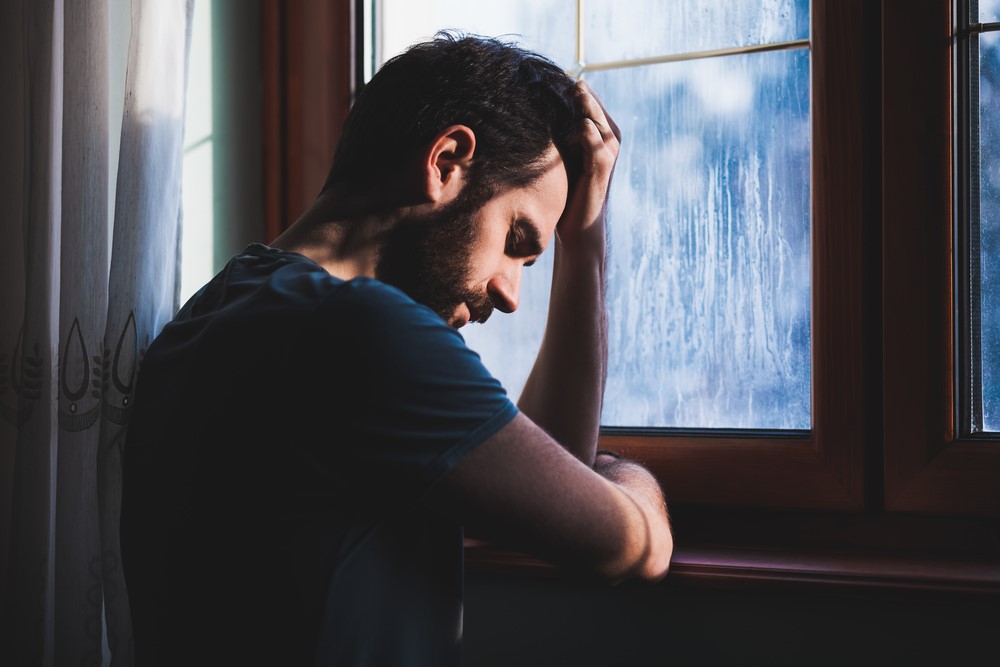Addiction and Mental Health

Addiction and mental health are often seen as separate issues, but they are very closely linked. Addiction can lead to mental health problems such as depression, anxiety, and bipolar disorder, and mental health problems can lead to addiction.
Addiction is a disease that affects the brain and changes how we think, feel, and behave. It’s a chronic, relapsing disease, which means that even if someone can abstain from drugs, alcohol, or harmful behaviours for a while, they are still at risk for relapsing.
Treating Addiction and Mental health
Addiction is also often accompanied by other mental health problems. When someone is dealing with addiction and mental health issues, it is important to get treatment for both. For example:
- Addiction treatment should address both the physical and psychological aspects of addiction.
- Mental health treatment should address the underlying causes of mental illness and how addiction has affected mental health.
Treating both addiction and mental health can be difficult, but it is essential for recovery.
Addiction and Depression
Addiction and depression are particularly linked. Addiction affects the brain in multiple ways, including altering how the brain processes pleasure, motivation, and memory. Addiction is also a mental health disorder, which means it can co-occur with other mental health disorders like depression.
Depression is a mood disorder that is characterised by symptoms of sadness, loss of interest or pleasure, feelings of guilt or low self-worth, disturbed sleep or appetite, low energy, and poor concentration. Depression can also lead to physical problems like fatigue and headaches. Addiction and depression often go hand in hand because addiction can cause changes in the brain that lead to depression and vice versa.
Call us now for help
What Is Dual Diagnosis?
Dual diagnosis is a term used to describe a person struggling with addiction and mental health issues. Addiction and mental health are both complex conditions that can cause profound physical and emotional damage. Addiction affects the brain, making it difficult to control impulses and cravings.
This can lead to risky behaviours, such as using drugs, alcohol, or even technology, in a way that can result in addiction. Mental health disorders, such as depression can also cause changes in the brain that make it difficult to cope with stress and manage emotions. When someone has both addiction and mental health issues, they are said to have a dual diagnosis.
Dual diagnosis treatment focuses on addressing both conditions at the same time. This can be done through individual therapy, group therapy, and medication management. Addiction and mental health are both chronic conditions that require lifelong treatment.
However, people with dual diagnoses can learn to manage their symptoms and live healthy, productive lives with proper treatment.
Linking Mental health and Addiction
Addiction and mental health are intrinsically connected. Addiction can worsen the symptoms of a mental illness, and a mental illness can make addiction more likely. Addiction alters the brain in ways that increase the risk of depression, anxiety, and other mood disorders.
Addiction also interferes with self-care and healthy decision-making, which can worsen the symptoms of a mental illness. Addiction is a serious problem, and it’s crucial to get help if you or someone you know is struggling.
Addiction, Mental Health, and Getting Help
Addiction is a chronic disease that can be difficult to treat. People addicted to drugs or certain behaviours may go through periods of sobriety followed by periods of relapse.
Despite the challenges, addiction is a treatable disease. There are many effective treatments for addiction, including medication, behavioural therapy, and rehabilitation programs. Millions of people with addiction have recovered and gone on to lead productive lives.
If you or someone you know is struggling with addiction and mental health issues, help is available. Contact us today in complete confidentiality if you need any help or advice about taking the first steps toward recovery.
Why choose Step by Step?
- Fully Residential
- Around-the-clock care
- Medical detox unit
- Extended family support
- After care support service
- Nutritional food cooked by our chefs
- Outstanding quality of care
- Highly experienced team
